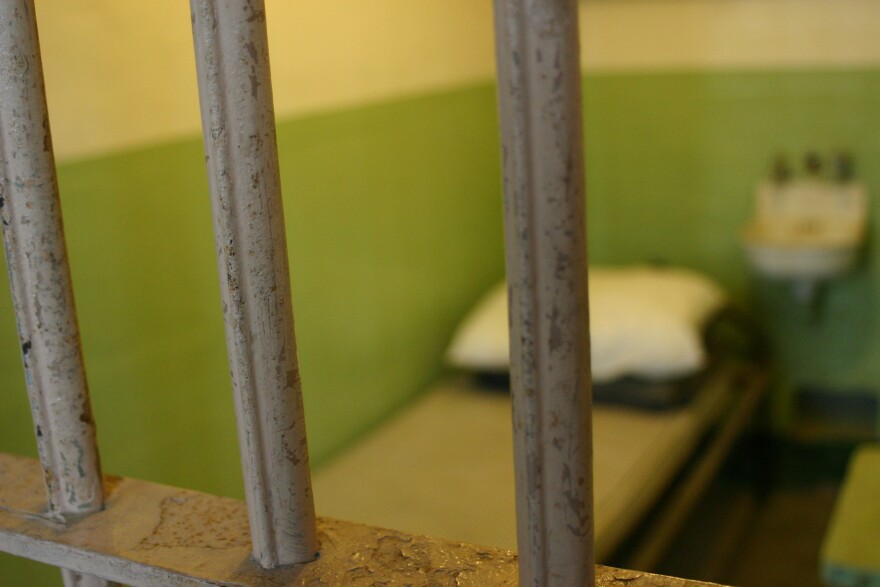Wisconsin is evolving in the way in which it treats its juvenile offenders in state run facilities. On Thursday, an assembly committee approved legislation that would close both Lincoln Hills School for Boys and Copper Lake School for Girls in northern Wisconsin in favor of giving counties more control.
In recent years, the two facilities have been marred by lawsuits and a federal investigation into how kids there are treated. While some state lawmakers are singing the plans praises but counties have some concerns.
The plan to replace the state’s two troubled juvenile facilities calls for counties to be given more control. Currently, counties and therefore taxpayers, have footed the bill to house youth at the juvenile facilities about three and a half hours north of Milwaukee at a cost of nearly $400 a day. The new plan calls for the Department of Corrections to maintain control of serious juvenile offenders while giving responsibility to counties for the others. The state would cover 95 percent of the cost of constructing facilities to house the youth. As far as operating costs are concerned, youth aides could be used to help offset.
GOP Rep. Michael Schraa chairs the Assembly Corrections Committee and testified on Thursday. He says the goal of the new facilities is to not only keep kids closer to home, but also reduce the recidivism rate while also ensuring the safety of the public.
“Certainly, they will be secure. Youth will not be a danger to public safety. They will not however look like jails. The emphasis is on a residential setting that is more like a home,” Schraa says.
Studies have shown that juvenile offenders who are kept closer to their support systems fair better in the end. In Wisconsin, those facilities have also been able to house and provide treatment for cheaper than the state. While each individual county could apply to run their own facility, it’s unlikely and the state is encouraging collaboration.
Democratic Sen. Lena Taylor says she’s been working for years to get the state to move in this direction. She spoke at a hearing in Madison.
“This bill is a step forward. Sometimes we make tiny steps around this building, but I do believe that this is a leap. I do believe that creating a different mindset for juvenile justice, giving Milwaukee County and other counties…it will better create that collaborative work to better address the needs of the juveniles that are in our system,” Taylor says.
While the legislation is receiving lots of bipartisan praise, there are concerns. Amongst those concerns, who will pick up the tab for educating students in those regional facilities and the increased responsibility that will fall upon counties. Sarah Diedrich-Kasdorf is with the Wisconsin Counties Association.
“The legislation that’s before the committee today really is asking a lot of county government. We’re asking counties to take on additional responsibilities and increase liability with regard to the state’s juvenile correction system. Counties have expressed great concern about the risk they’re being asked to take,” Diedrich-Kasdorf says.
Diedrich-Kasdorf says one of the biggest concerns is the timing. Lincoln Hills and Copper Lake are expected to close in 2020.
“We are working under a pretty compressed timeline here. Not only with regard to trying to get something passed by the end of this session, but then the bill really has a compressed timeline as well for administrative rules to be written for counties to develop plans to get them submitted to the juvenile corrections grant committee. Our counties are concerned that three months after they get the rules of the game that they are going to have to come up with a plan to present to the juvenile corrections grant committee,” Diedrich-Kasdorf.
Diedrich-Kasdorf says that counties could start to incur costs relatively soon with no money built into the budget.
The Assembly Corrections Committee unanimously passed the legislation. The Assembly is set to take up the bill next week. However, the leader of the state Senate says he’s not sure he will get the bill through before the end of the legislative session next month delaying the process.

